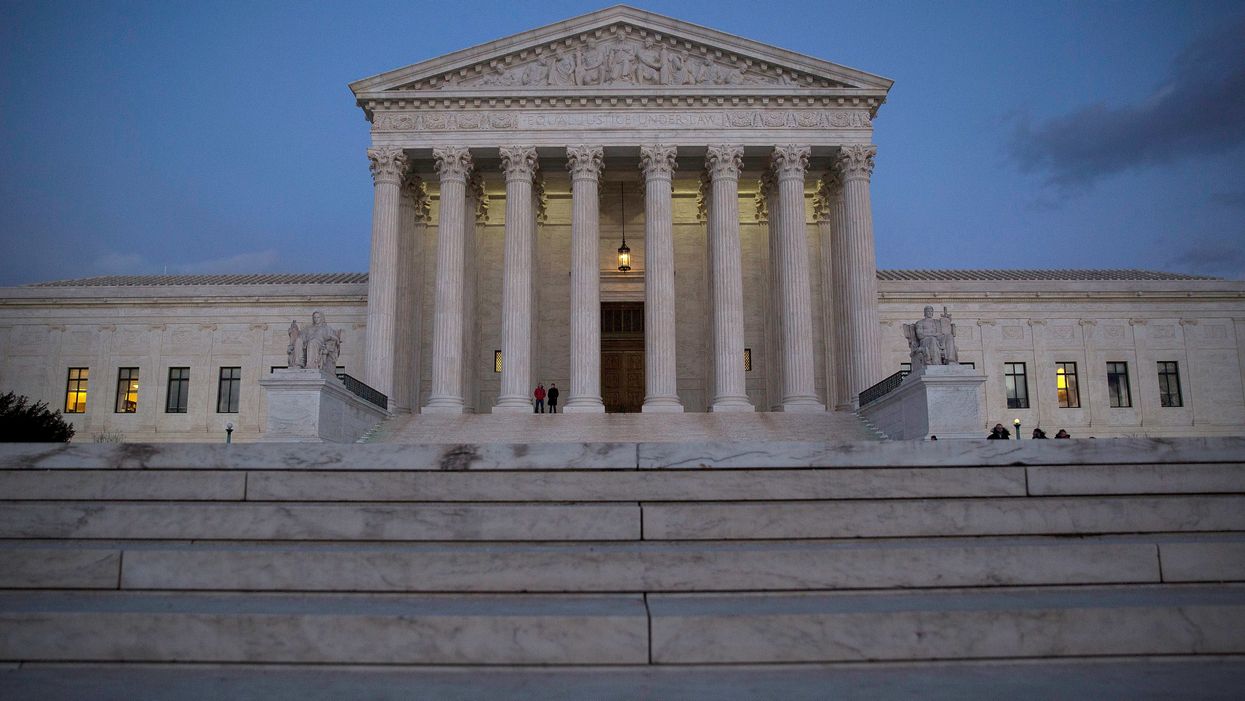Montana's disclosure requirements for campaign donors will remain among the gold standards for statewide campaign finance regulation now that the Supreme Court has decided to leave the law alone.
A federal appeals court last August upheld state requirements that groups paying for political advertising reveal their funders and spending. Without comment Monday, the Supreme Court said it would not reconsider that ruling.
The decision amounts to a symbolic but not insignificant win for advocates of more openness about political spending. Campaign finance reform groups hope Montana will provide a template for other states to adopt similarly tight disclosure requirements. And they assume the high court's ruling will form a precedent protecting future state laws against similar challenges.
"Declining to hear this case protects the ability of state lawmakers across the country to use disclosure laws as a tool to promote transparency in elections," said Paul Smith of the Campaign Legal Center. "Disclosure laws like Montana's are critical because voters deserve to know who is spending money to influence their votes."
The law requires nonprofit groups to register with the state as political committees if they run any kind of ad that refers to a candidate or ballot issue within two months of an election.
It was enacted five years ago as a counterbalance to the unlimited spending allowed by the Supreme Court's 2010 Citizens United decision. But a year after it was enacted, the National Association of Gun Rights sued on the grounds the law violated the politically motivated nonprofit group's free speech rights.
The 9th Circuit Court of Appeals rejected that argument and said instead that voters had the right to know who was financing political advertising.
The law was pushed by Gov. Steve Bullock, who made a commitment to tighten campaign finance rules a centerpiece of his brief run for the 2020 Democratic presidential nomination and subsequently his campaign for the Senate. He handily won his primary Tuesday and will challenge Republican incumbent Steve Daines in what will be one of the country's most closely watched congressional races.
"Time and again, dark money groups have tried to attack Montana's campaign finance laws — because those laws work," Bullock said after the Supreme Court's dismissal.




















